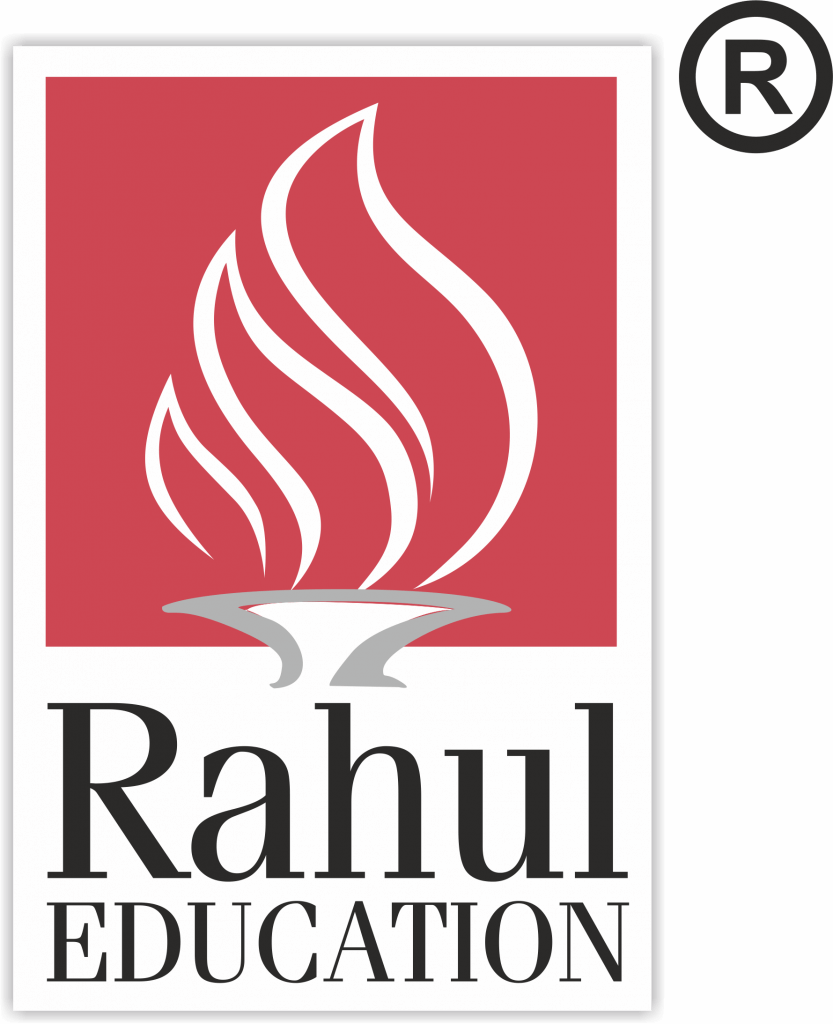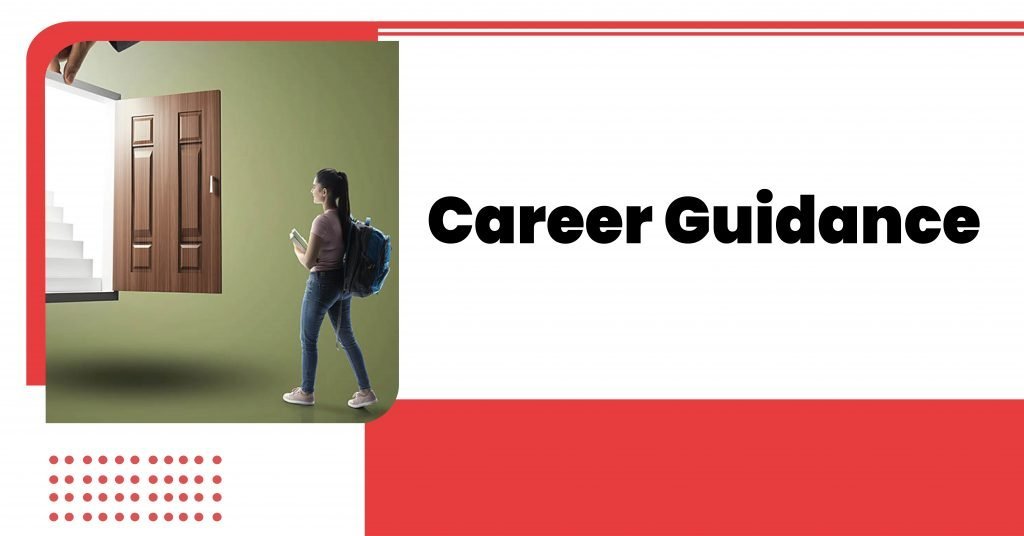INTRODUCTION
Thinking About your career? this article might help you think about your career and prepare you for what lies beyond this theoretical knowledge.
Colleges sure give you the theoretical knowledge but, are they enough for you to get a satisfying career and job in this competitive world? It might seem rather trivial for pursuing a career where you should have skills and exquisite communication skills. The ability to problem-solve and to know how to apply it in real-life situations is paramount.
“The best preparation for tomorrow is a well-spent today.” -John Dewey
THINGS TO PREPARE FOR YOUR FUTURE CAREER
Career planning can be viewed as a top priority topic in your life right now. Therefore for trivial topics such as this, we require quite influential people to guide us regarding such matters, and we just got the thing. 14 members of the Forbes Coach Council were consulted to help guide students helping them gain a competitive advantage in the future. Here’s what they said:-
Learn Workplace Etiquette:
You should start preparing for your career by expanding your knowledge in business and corporate etiquette. In colleges what you learn is all theory based but when comes the time to apply those studies in real-life situations many people fail in doing so. Going from college to the workplace is a huge transition. When you know what’s expected of you things become easier to handle, and it will make you feel confident in your role. There are various skills you need master such as controlling emotions at workplace, having a neat professional appearance, etc are great examples of what you might want to look up for.
-Chrissy Conner, Conner International.Build Your Career In Doing What You Love:
Students basically prepare for a job after they will be graduated, they decide what role they want, which company they will join, etc. And later in life they end up unhappy not knowing what went wrong. The first thing you must do is to look up for a thing or work that makes you happy. Find something you love to do and build your career in it. We spend a great deal of our lives working so it might as well be something we love. When you do what you love it automatically boosts your productivity. Make sure to feel energized with your work and useful for your contribution to work.
-Jeanne Smith, ProcoreTechnologies.-
Find Your Mentor:
Find a mentor in the particular field or career you are trying to pursue.Try to engage in with the place of your career for e.g.: let us take an office now. Try to intern directly under your mentor if possible. Get to know how things work and what needs to be done. Try to know if you can thrive in that particular environment. Try to be as much inquisitive as possible. Try to do ‘A day in the life of ‘ your mentor or influential people in your field. This will help you get better understanding of the real-life experience and career demands for various options.
-Debbie Ince, Executive Talent Finders,Inc. Join A Professional Networking Group:
“If I could go back in time, I would tell myself to join a professional networking group like Toastmasters International.” Said Helen Chao. When we study at colleges our communication is limited to our friends, fellow students and teachers and in rare cases colleagues (for people who work). In this case all of us are in the same boat looking to graduate. But when it comes to professional networking group it is trivial to have exquisite communication skills. And that my friend is one of the most required thing. Even if right now your communicating skills are not good, if you intern for a professional networking group it will certainly improve.
-Helen Chao,Ascenditur Recruiting and Interview Right Consulting.-
Develop rabid curiosity:
Your No.1 job is to train your ability to learn and change. When we talk about future do you think you can predict what will be the leading sectors/career in say 10 years from now? The answer is simple; No, you can’t. The pace of change just keeps on accelerating in this world. The job you might want to do in future might not even exist today. So it’s better to focus on doing what you can. Expand your skill set, keep on learning new things and improve your ability to change according to the surroundings. Invest in your ability to nurture your creativity, curiosity, and your ability to change.
Aric Wood, XPLANE. -
Learn to sell face-to-face:
Building your sales skills will help you have a career without limits. Learning how to sell includes various problem solving ability to listen carefully to your client and bring about a solution satisfying to both ends in essence to you as well as your client. With this you learn to be an amazinglistener and you will learn to use your creativity to bring about a solution to your client.
-Dominic Rubino, BizStratPlan. Talk to people in your field of interest:
If you are really curious about the experience in your career you choose to be in try scheduling interviews with people in the same. These interviews will give you substantial information regarding it. You will even get to know that you are interested in the particular field or not.
-Michele Davenport, MOSAIC COACHING SOLUTIONS.-
Get an internship:
The best way to be successful after graduation is to get some working experience in your industry prior to graduation. When we talk about pre-graduate experience of work internships are the best way to get it. It gives a competitive advantage for the life ahead as you have work experience prior to completing your graduation. Companies tend to hire students which have work expected rather than those with none, therefore giving a competitive advantage. Mostly internships are paid but even if it’s unpaid the experience you get will be effective for your résumé, while the networks you make will be effective for post collegiate job search.
-Katrina Brittingham, VentureReady LLC. -
Learn soft skills as early as possible:
Without these skills, any degree is worthless. Learning how to execute effective principles and tactics when it comes to effectively communicating, leading and following others, problem-solving and being agile in your approach to dealing with obstacles, will accelerate your influence at any workplace you choose to invest your time and effort into.
-Lynda Foster, Cortex Leadership Consulting Start gathering your work accomplishments:
A considerable work experience with exquisite achievements is all good, but what if you don’t have any? Pursuing internships is significant, but start thinking about the projects you Did in college as well. Yes, these projects have value and will have trivial impact on your résumé. Case studies, research, group exercises often have real world applications. Document them and describe them then add them to your résumé.
-Scott Singer, Insider Career Strategies.Develop cultural intelligence:
If you want to understand the marketplace it is salient for you to understand and relate with different different people which are from different cultures. You need to develop sensitivity and openness for diversity and multicultural differences. In future you will need to need to relate and work effectively among different cultures. First, start by getting to know about your own culture, it’s uniqueness and significance. Then try to do the same with other cultures and that too with the same curiosity.
-Felice Tillin, GroupWorksComsulting Ltd.Train your brain to manage stress triggers:
In what is being dubbed “Generation Stress,” the best thing young professionals can do is train their brain to manage stress triggers. Think about diversified ways to manage stress in real-life situations early in life to have a longer, healthier, and happier work life. You can start by changing the way you perceive a stressful situation—you can try counting to 10 before you respond to it.
-Anne Holland, Strive Performance Coaching.Explore and understand Artificial-Intelligence:
Most jobs can be replaced by artificial intelligence (AI) already today. Students will benefit tremendously from learning how to use AI, understanding its ethics, exploring and designing AI and developing the competencies that will help them utilize AI so that they can future-proof their career trajectory success, rather than be replaced by it.
-LitalMarom, UNFOLD Media Group.Be intergenerational conscious:
College graduates and students have an opportunity to create edge with employers through truly learning how to work with and learn from the generational cohorts. Demonstrate your ability for this consciousness through research, getting mentored by other leaders and asking powerful questions in your interactions.
-Dr.DeniseTrudeau-poskas , Blue Egg Leadership.
CONCLUSION
“It’s better to be prepared than to get ready.” -Will Smith.
As said in the above quote by a fantastic and one of my favorite actors Will Smith, it is better to be prepared for what the future holds for you than to get ready for it at the time the opportunity arrives.
Taking the above steps will definitely lead you towards a promising future. As much as it’s necessary to work it’s proportional to having fun and relaxing, hang out with friends to remedy stress. By finding a good balance between your professional, social, and educational activities you will have the best experience and will be ready to conquer the world! Good Luck!!

Mrs. Sarita Almeida
B.A.|| B.Ed
School Principal at Rahul Education, Mother Mary’s English High School


